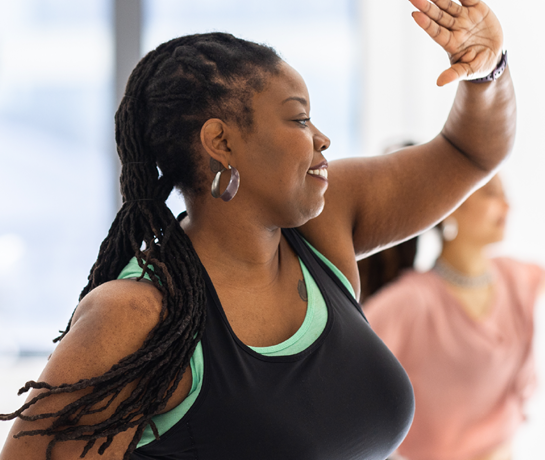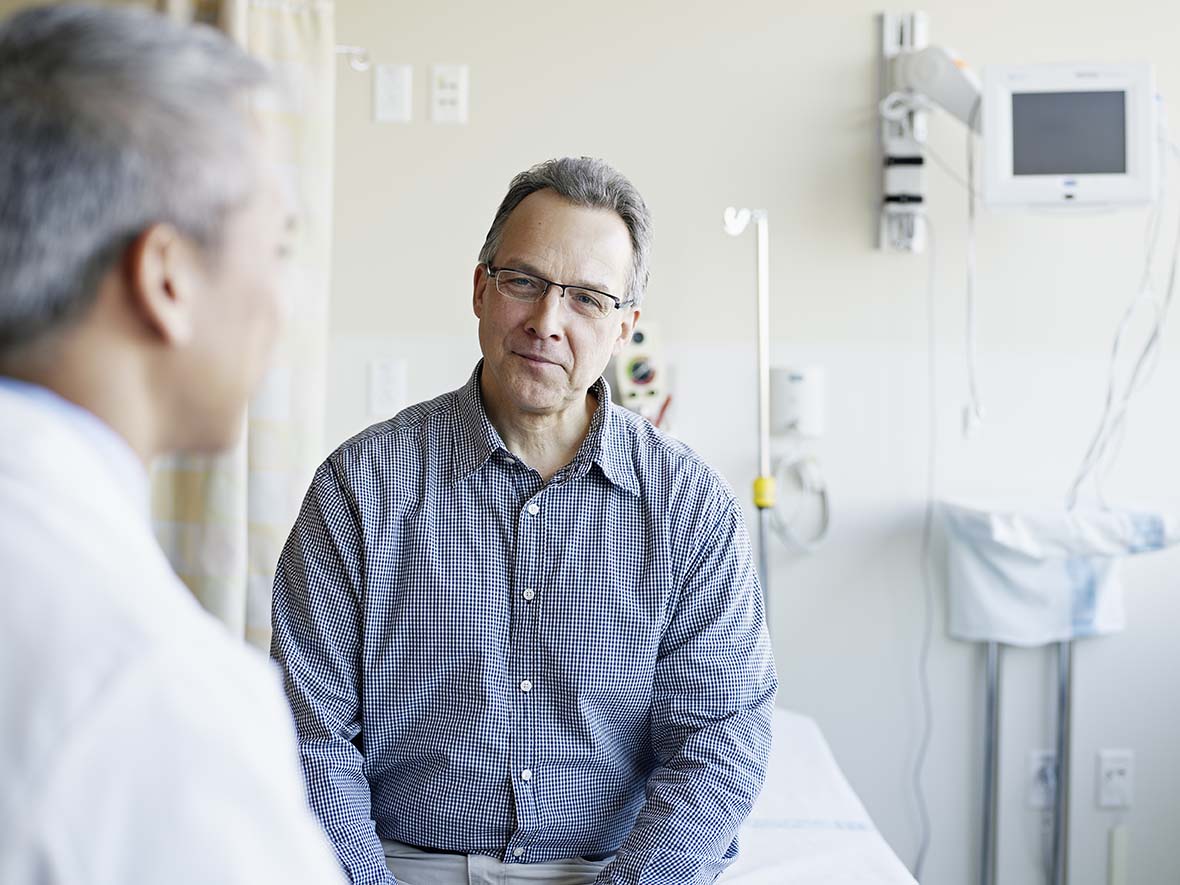

Can you impact your chances of developing cancer, or is it all in your genes?
While some cancers run in families, most do not have a family link. Daily lifestyle choices can make a difference. What can you do to reduce your cancer risk? Here are some lifestyle choices that can impact your cancer risk.
Eat healthy
What you eat can be part of your cancer defense. A colorful diet with a variety of fruits and vegetables provides antioxidants. These powerful plant chemicals counteract the molecules that damage our cells and DNA. Choose fiber-rich whole-grain bread, oats, pasta, and brown rice. Eat less red meat, including beef, pork, and lamb. Choose more fish, poultry, and plant proteins, such as beans, peas, lentils, and soy products. Avoid processed meats like lunchmeat, hot dogs, sausage, and bacon.
Reach a healthy weight
Extra body weight can increase your risk for certain cancers. Work with your doctor or other health care providers to identify your best weight. Make small changes to your dietary habits. Identify sources of extra daily calories, such as snacking, sweetened drinks, and dining out. It’s common for weight to f luctuate a few pounds up or down, so even a goal of maintaining your weight through adulthood can be beneficial.
Stay active
Find ways to sit less and move more. Get involved in a range of activities that interest you. Include forms of stretching (yoga), cardio (swimming, Zumba, or jogging), and strength training (resistance bands or weightlifting). Combine exercise and social time, organize group walks or hikes, or plan a night out dancing.
Practice sun safety
Enjoy time in the fresh air and sunshine while balancing the harmful effects of the sun’s ultraviolet rays. Intense UV rays from the sun and tanning beds can increase skin cancer risk. Apply sunscreen before your outdoor activities during the sun’s hottest time (10 a.m. to 4 p.m.), even on cloudy days. Be aware that UV rays can reflect off surfaces like water and snow. Reapply sunscreen after swimming, sweating, or working out to maintain your protection. Download a weather app with a UV index to help you gauge the sun’s intensity before heading out.
Avoid tobacco products
Tobacco products expose users to dozens of harmful chemicals; some are known to cause cancer. There is risk involved regardless of the type: cigarettes, cigars, pipes, or smokeless. The best strategy is to avoid using any form of tobacco products. The long-term health impact of e-cigarettes remains unknown. Consider getting help to quit. Work with your doctor to identify products and programs that help users quit.
Limit alcohol
Researchers have made the connection between alcohol intake and specific cancers such as mouth, throat, esophagus, liver, and more common types like colon and breast. Health experts recommend people not consume alcohol. For people who choose to drink, limit intake to one drink a day for women and two drinks a day for men.
Guard against HPV
Human papillomavirus (HPV) is a common group of viruses. Some forms of HPV, spread through intimacy, can lead to cancer. A vaccine is now available to protect against some types of cancer associated with the HPV virus. Health experts recommend the HPV vaccine as a routine vaccine for boys and girls aged 11-12 and young adults up to age 26. Talk with your doctor or pediatrician for more details.
To improve your diet and weight, email contactknovasolutions@workpartners.com or call 1-800-355-0885 (TTY: 711). We are available Monday through Thursday from 8 a.m. to 8 p.m. and Friday from 8 a.m. to 5 p.m. local time.
References:





